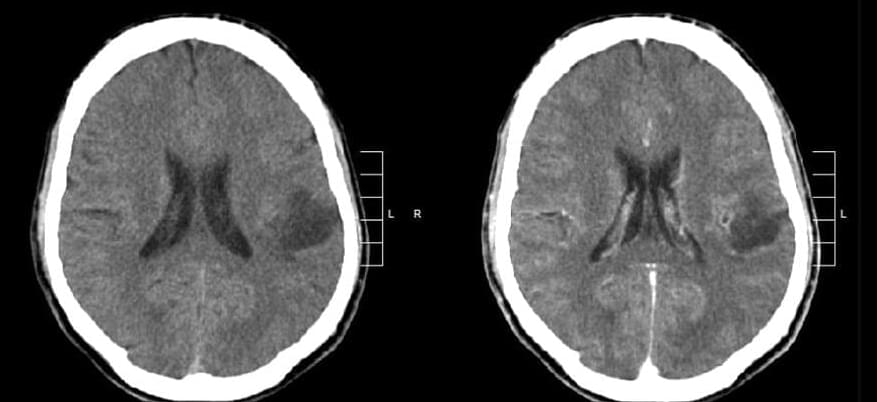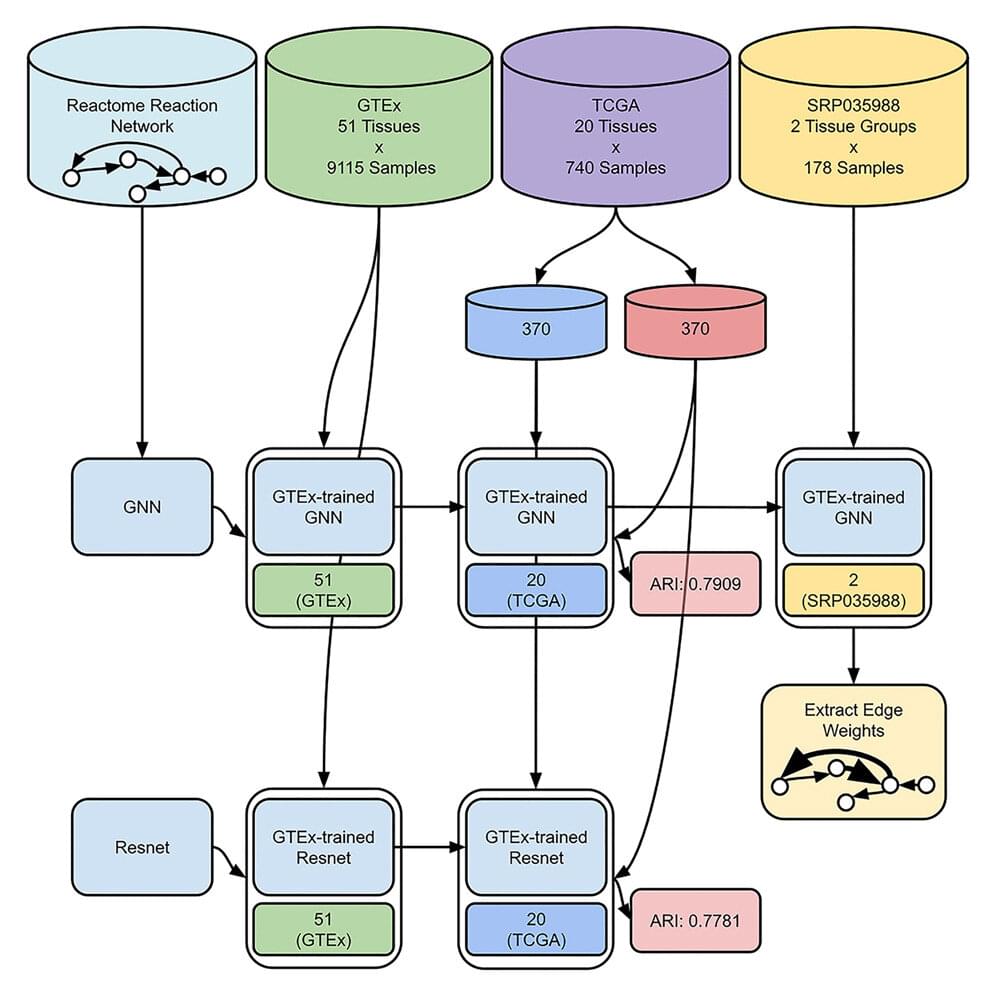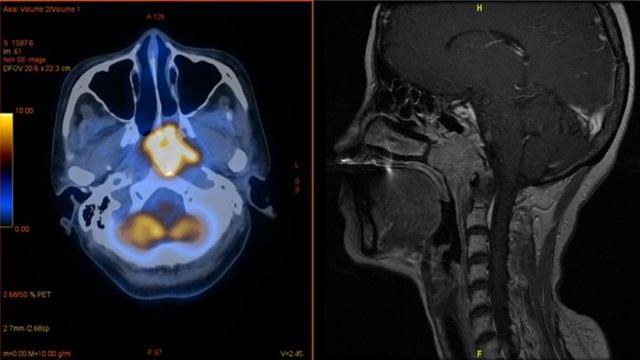Jun 8, 2023
Teaching robots to tidy up based on user preferences using large language models
Posted by Shubham Ghosh Roy in categories: habitats, robotics/AI
Different people tend to have unique needs and preferences—particularly when it comes to cleaning or tidying up. Home robots, especially robots designed to help humans with house chores, should ideally be able to complete tasks in ways that account for these individual preferences.
Researchers at Princeton University and Stanford University recently set out to personalize the assistance offered by home robots using large language models (LLMs), a class of artificial intelligence models that are becoming increasingly popular after the release of ChatGPT. Their approach, presented in a paper pre-published on arXiv, was initially tested on a mobile robot called TidyBot engineered to tidy up indoor environments.
“For a robot to personalize physical assistance effectively, it must learn user preferences that can be generally reapplied to future scenarios,” Jimmy Wu, Rika Antonova and their colleagues wrote in their paper. “In this work, we investigate personalization of household cleanup with robots that can tidy up rooms by picking up objects and putting them away.”
















